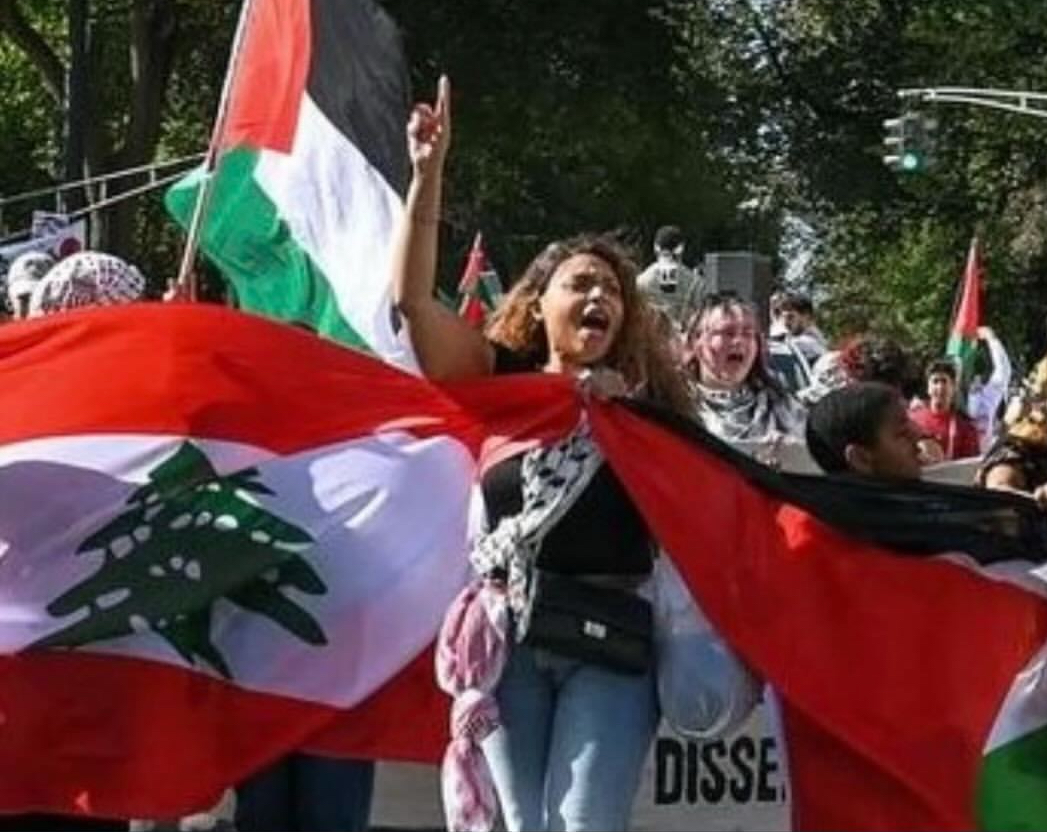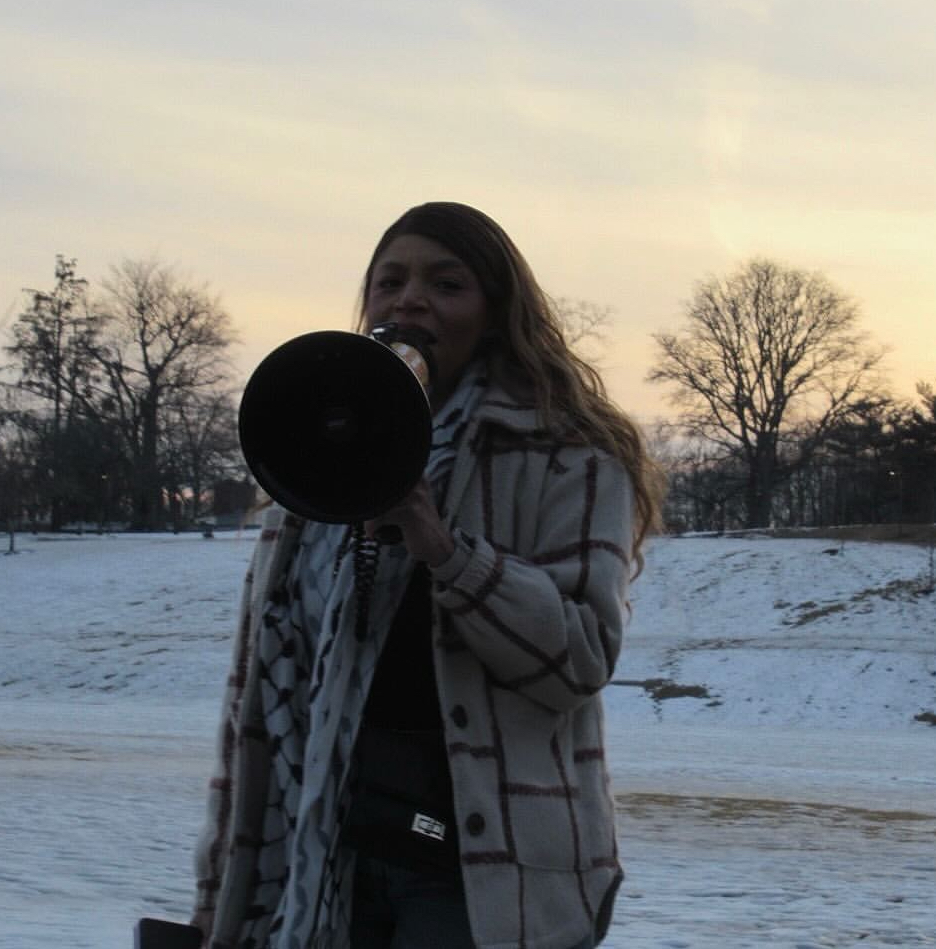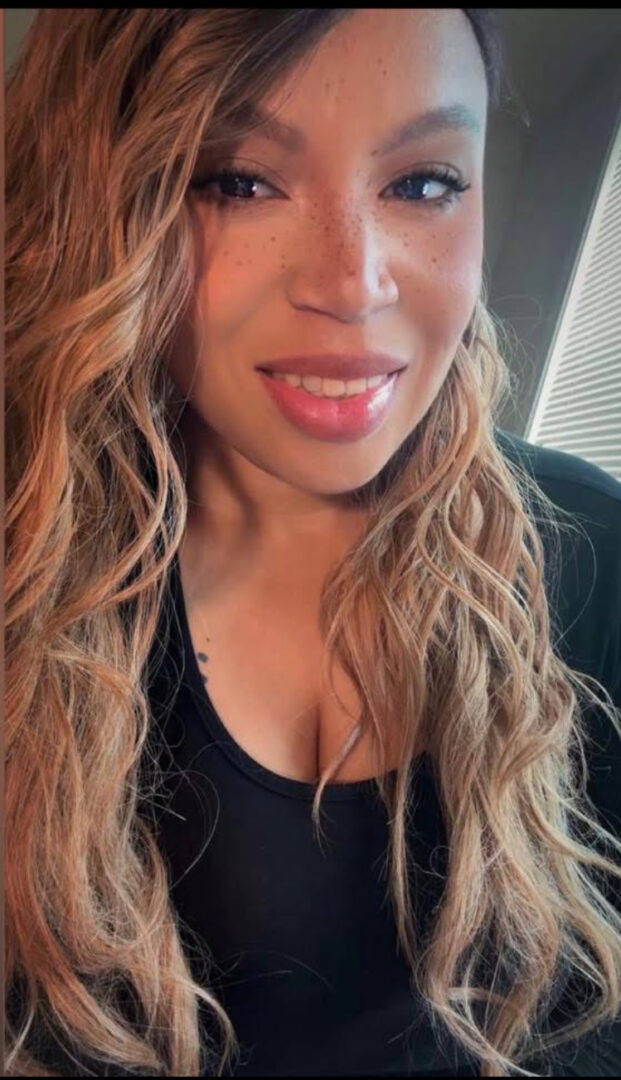We’re looking forward to introducing you to Chamar Latanja. Check out our conversation below.
Hi Chamar , thank you for taking the time to reflect back on your journey with us. I think our readers are in for a real treat. There is so much we can all learn from each other and so thank you again for opening up with us. Let’s get into it: What is something outside of work that is bringing you joy lately?
I live in New England and it is finally AUTUMN! Because the work I do can be so challenging and emotionally charged, it is important to do something in my downtime that eases my mind. Lately it has been reading non-fiction outside. I have been loving Romantasy books especially by BIPOC authors, anything that allows me to be autumn air, and transports me to a different world for a lttile bit brings me joy. Books just by themselves makes my heart sing as I am an avid book lover.
Can you briefly introduce yourself and share what makes you or your brand unique?
I’m Chamar Latanja, I’m a mental health specialist and also a social justice and human rights advocate. At the heart of my work, I help activists, whether they’re here at home or across the globe, organize and bring real support to communities that are displaced, marginalized, or even facing genocide. I also spend a lot of time teaching, working with students, grassroots groups, and everyday people to show them how to organize, stand together, and actually push for policy change. What makes my work unique is that I don’t just focus on the fight for justice, but also on the people doing the fighting, making sure they have the tools, support, and resilience to keep going.
Great, so let’s dive into your journey a bit more. What’s a moment that really shaped how you see the world?
One moment that shaped how I see the world happened when I was about 10 or 11 years old, during the Rodney King beating in Los Angeles. I remember seeing that video of the LAPD officers attacking him, and I was sure, absolutely sure, that justice would be served. But when those officers were found innocent, and the riots broke out, I felt this deep confusion: how could people see such clear injustice and still ignore it? That was the moment I began to understand what it really means to be Black in America, that at any time, we can be subject to a violent, white supremacist system, and safety is never guaranteed.
Fast forward years later, when I had my own daughter. She was 9 or 10 when Trayvon Martin was killed, and I had to watch her go through the same confusion I went through at her age. She couldn’t understand how a young Black boy could be killed walking home with Skittles and iced tea, and there be no justice. I had to have the same hard conversation with her that my family had with me, and it broke my heart that the cycle was repeating.
But what keeps me going is remembering another side of my childhood, growing up in Capitol Heights, MD, where kids played double dutch under streetlights, neighbors looked out for each other, and there was a sense of freedom and joy in just being a child. Those memories remind me that Black communities have always held onto joy, love, and care for one another, even in the face of oppression. That’s what keeps me fighting: the hope that we can build a world where that kind of safety and joy isn’t the exception, but the norm.
If you could say one kind thing to your younger self, what would it be?
If I could say one kind thing to my younger self, it would be: calm down. Making a mistake doesn’t mean you’re an awful person, it means you’re human. Mistakes don’t define you; they teach you. You learn, you grow, and you keep moving forward, because you have a whole life ahead of you. I’d also remind my younger self of Paul’s words to Timothy: ‘Don’t despise your youth.’ Even when you’re young, you are powerful, your voice matters, and you can make a difference.
That’s one of the reasons I love working with young women today. Too often, we let shame over our missteps hold us back, when those very experiences could be the things that push us toward our purpose. I want the next generation to know early what it took me time to learn,that you don’t have to wait to be older, more perfect, or more polished to use your voice. You can start now.
Sure, so let’s go deeper into your values and how you think. What’s a belief or project you’re committed to, no matter how long it takes?
The belief I’m committed to, no matter how long it takes, is simple, though it may sound naive: that everyone can exist in their own space, on their own land, in their own bodies, safely and freely. I believe in a free Congo, a free Sudan, a free Palestine. I believe that Black people, who are always at the forefront of these oppressive power structures, can live and thrive, and that people of color more broadly can exist without the constant threat of violent white supremacist systems.
I believe we can dismantle the political and social structures that oppress Black people and other communities of color and rebuild them with our voices—not as an afterthought, but at the center. I know this fight takes generations. Think about the civil rights activists—many didn’t live to see the fruits of their labor, yet they believed anyway. Their legacy shows that change is possible, even if it’s slow.
For me, the fight continues as long as these systems are in place. But I believe there will be a day when Black people and people of color can exist freely, safely, and fully and that belief keeps me committed.
Before we go, we’d love to hear your thoughts on some longer-run, legacy type questions. What pain do you resist facing directly?
The pain I resist facing directly is the question of whether my personal life will ever feel as successful or fulfilled as my professional life. In my work, social justice, human rights, mental health, activism, I fight hard, and we win, if not immediately, then eventually. I’ve been told I have the Midas touch: whatever I put my hands to, I tend to succeed.
But in my personal life, particularly in love and partnership, it’s different. It can be a lonely walk as a single woman doing this work and it’s hard to find a personal community that mirrors the support and joy I help build for others. There’s a lingering fear: am I going to help everyone else find happiness and freedom, and somehow miss it for myself?
I don’t like facing that pain directly, so I throw myself even more into community building and advocacy but acknowledging it is part of staying honest with myself and growing, even if it’s uncomfortable.
Contact Info:
- Instagram: @Chamarlatanja
- Other: Tiktok: @chamarlatanja
Threads: @chamarlatanja




so if you or someone you know deserves recognition please let us know here.




